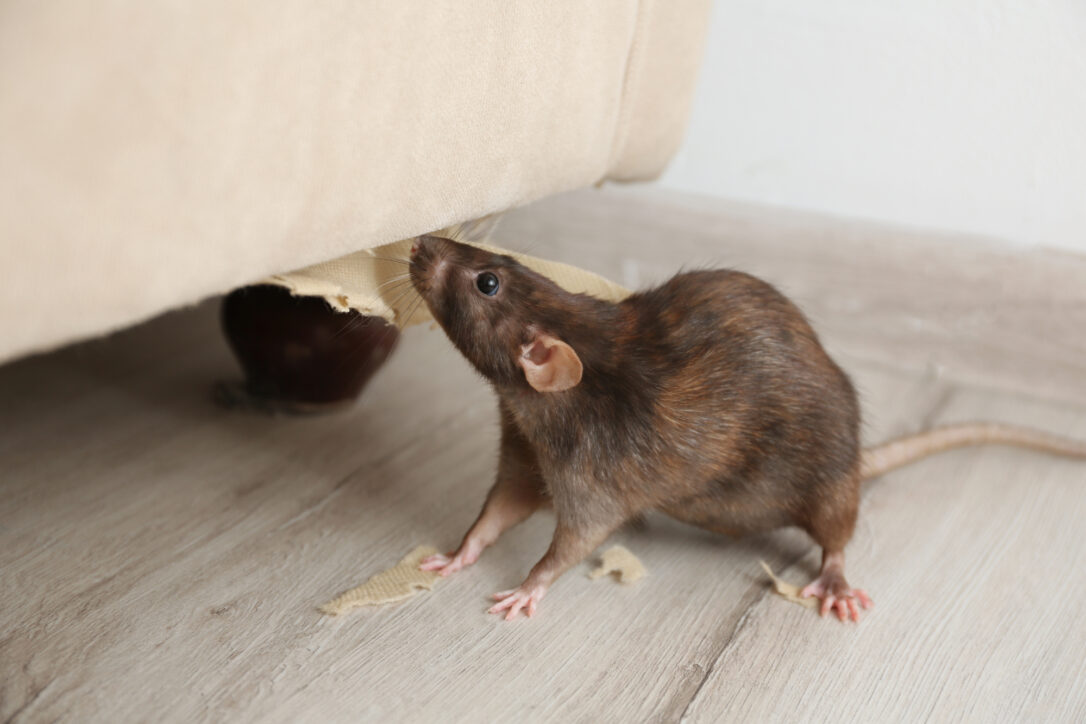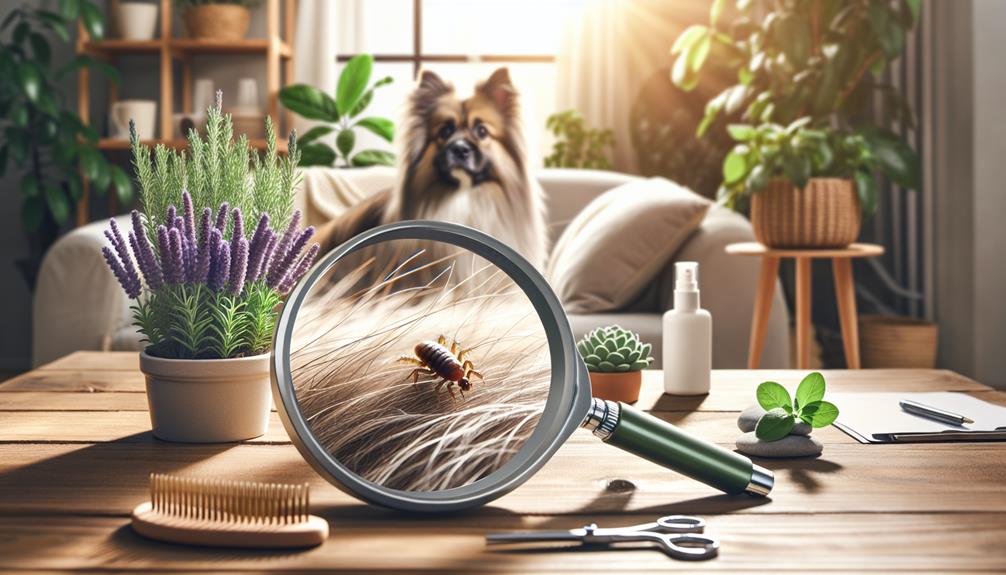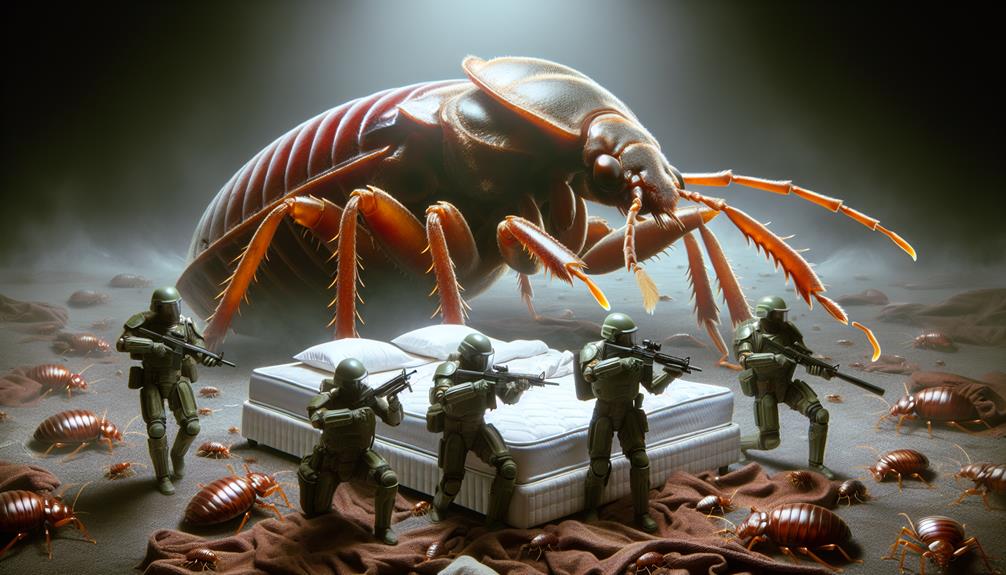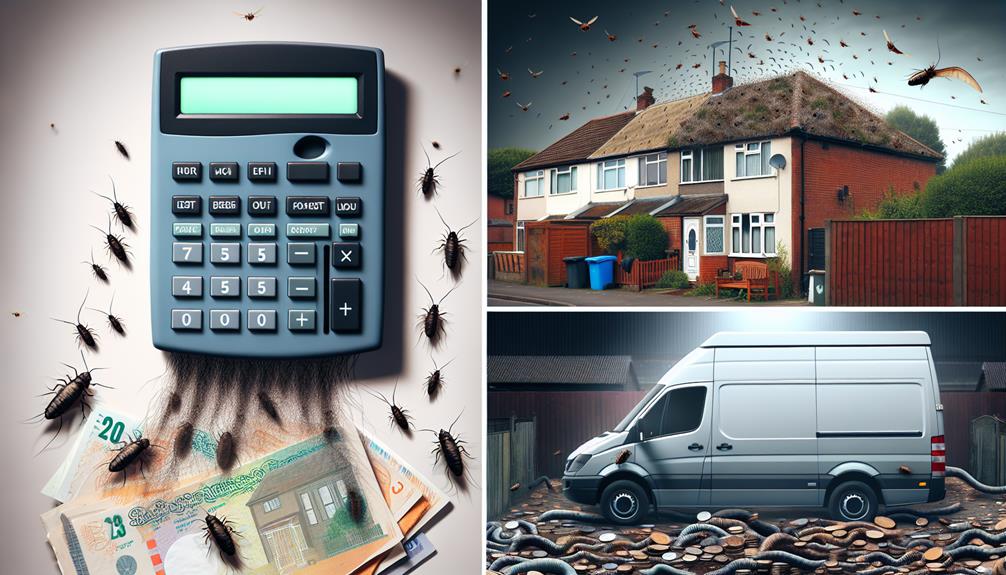Has your home ever been invaded by unwanted guests? No, we’re not talking about your in-laws! We’re talking about pests! Pests can cause havoc in your home, and it’s essential to identify an infestation early to prevent damage and protect your health. In this article, we’ll explore the top five signs that you have a pest infestation in your home. So, let’s get started, shall we?
Sign #1: Strange Noises and Sounds
Noises in the Walls
Ever heard scratching sounds coming from your walls? Don’t worry, your home isn’t haunted! Chances are, you have rodents scurrying around. Mice and rats are notorious for nesting in walls and chewing through electrical wires, insulation, and other materials. If you hear these noises, it’s time to investigate further.
Unusual Sounds at Night
Pests like to roam around when it’s quiet and dark, so pay attention to any unusual sounds during the night. You might hear skittering, squeaking, or rustling sounds, indicating the presence of insects or rodents.
Sign #2: Visible Damage to Your Home
Damaged Wood
Termites are a homeowner’s worst nightmare. They can cause significant damage to the structure of your home by chewing through wood. If you notice wood that looks hollow, crumbly or is filled with tunnels, termites might be the culprit.
Gnaw Marks
Rodents have strong teeth and can gnaw through almost anything. Look out for gnaw marks on food packaging, furniture, and electrical wires. If you spot these signs, it’s time to call in the experts.
Holes and Nests
Pests need a place to call home, and they’ll often create nests in your home’s nooks and crannies. Check for small holes or nests made from shredded materials like paper, fabric, or insulation.
Sign #3: Droppings and Urine
Identifying Droppings
One telltale sign of a pest infestation is the presence of droppings. Depending on the type of pest, droppings can vary in size, shape, and colour. Mice and rat droppings are small and pellet-shaped, while insect droppings can be tiny and harder to identify. If you’re unsure, take a photo and consult with a professional exterminator.
Smell of Urine
A strong smell of urine can be a sign of a rodent infestation. Mice and rats use urine to mark their territory, and the smell can become quite potent over time. If you notice a persistent urine smell, it’s time to investigate and take action.
Sign #4: Unusual Smells
Musty Odors
Some pests, like cockroaches and mould mites, emit a musty odour. If you detect an unexplained musty smell in your home, it could be a sign of a hidden infestation.
Smell of Decomposition
A foul smell of decomposition could indicate that pests have died within your walls or other hidden spaces. This smell can also attract other pests, so it’s important to locate and remove the source as soon as possible.
Sign #5: Sightings of Pests or Their Remains
Live Pests
The most obvious sign of a pest infestation is seeing live pests scurrying around your home. If you spot insects or rodents frequently, there’s a good chance that you have an infestation.
Dead Pests
Finding dead pests can also be a sign of an infestation. While a single dead bug might not be a cause for alarm, multiple dead pests in a short period could indicate a larger problem.
Shed Skins and Egg Cases
Insects like cockroaches and bed bugs will shed their skin and leave behind egg cases. If you find these remains, it’s a sure sign that pests are lurking in your home.
FAQs
Q1: How do I prevent pests from entering my home?
A: Seal any cracks or gaps in your home’s exterior, store food in airtight containers, and maintain a clean and clutter-free environment to deter pests from moving in.
Q2: How can I tell the difference between mice and rat droppings?
A: Mice droppings are smaller (about the size of a grain of rice) and have pointed ends, while rat droppings are larger and have rounded or blunt ends.
Q3: What should I do if I suspect a termite infestation?
A: Contact a professional exterminator immediately, as termites can cause severe damage to your home’s structure if left untreated.
Q4: Are there any natural ways to repel pests?
A: Some natural repellents include essential oils, vinegar, and diatomaceous earth. However, these methods may not be as effective as professional treatments for larger infestations.
Q5: Can pests cause health problems?
A: Yes, pests can transmit diseases, trigger allergies, and contaminate food. Addressing a pest infestation promptly is essential for maintaining a healthy living environment.
You may also enjoy reading this article
Was This Article Helpful?
- Please provide feedback and comments to help us improve our content.
- Share your experiences and any additional tips you have for dealing with pests.
Share this Post



